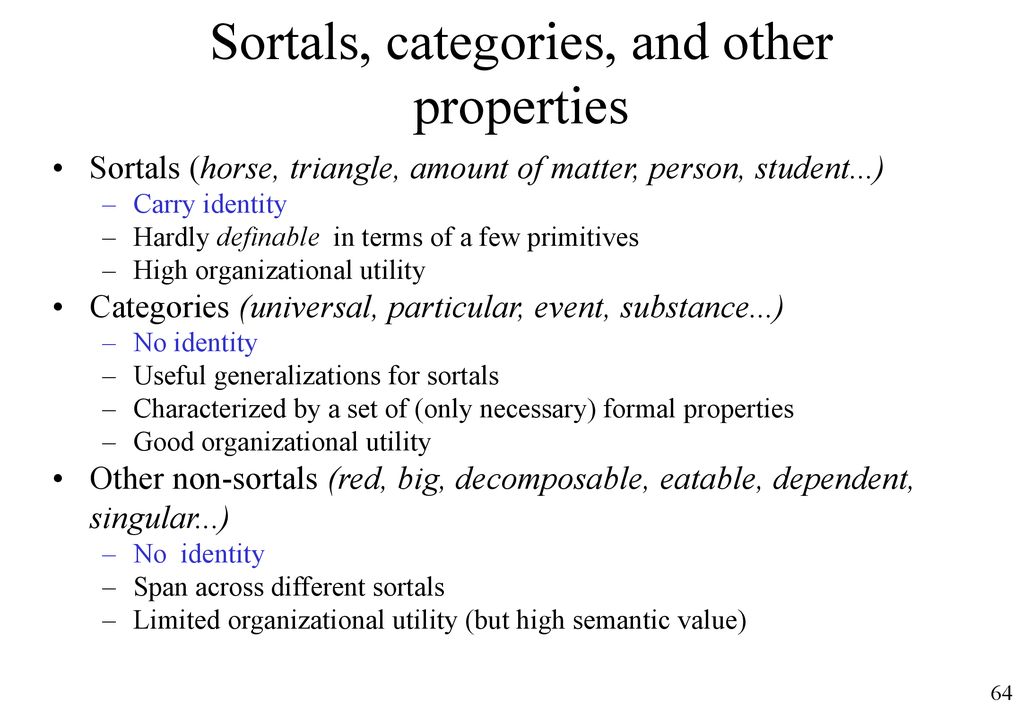If you like reading about philosophy, here’s a free, weekly newsletter with articles just like this one: Send it to me!
This is the second part of a three part series on the ethics of vaccinations. If you missed the first part, it is here:

Vaccination Ethics
Vaccination ethics is a surprisingly rich field of philosophical inquiry, and it covers issues from all major moral theories, reaching into world politics, poverty, the role of the state and the morality of taxation and car seat belts.
In the previous article in this three-part series, we talked about the ethics of vaccines, and particularly about whether the state has an obligation to care for our safety. If so, how far does this obligation go? What right does the state have to force me, possibly against my will, to do what is good for me? If you missed that article, you might want to go back and have a look at it now.
Today, we want to go from the relationship of a state to its citizens to the question of justice between states.
A vaccine, especially a newly developed one for a global pandemic, is naturally a much-demanded but limited resource. Our world is, for the most part, capitalist, driven by the basic economics of demand and supply, and vaccines are no exception. If states don’t interfere by subsidising the distribution of vaccines (or otherwise force the manufacturers to part with them for less than their real value), the price of vaccines will rise until they are available only to the wealthier states and individuals. A large majority of less privileged people around the world will be left without access to the vaccine, and this then poses the ethical question: how are we supposed to regulate access to life-saving medical procedures for those who cannot afford the free market price?
Various answers are possible.
How could states approach unequal vaccine distribution?
First, we could accept the status quo in which rich countries and individuals have access to the vaccine and poorer ones don’t. This doesn’t seem particularly moral, though. Utilitarianism would ask whether this option maximises the welfare and happiness for all concerned parties. Since in any population the rich are fewer than the poor, reserving vital resources for the exclusive use of the rich cannot maximise the sum of happiness among all stakeholders. Therefore, utilitarianism would reject this approach.

What is Utilitarianism?
Utilitarianism is a moral theory that states that the morally right action maximizes happiness or benefit and minimizes pain or harm …
Read the full article which is published on Daily Philosophy (external link)






